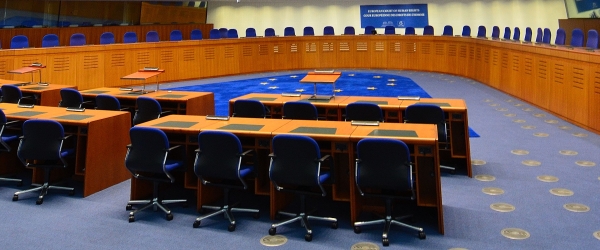
The ability to issue an electronic judicial opinion was introduced to the Polish legal order by an amendment to the Code of Civil Proceedings (herein: CCP) – of 29 August 2014, which has been binding since 27 October 2014. The new way of providing grounds for judicial decisions was created by two articles: Article 328 § 11 and Article 331 § 2 CCP. According to the first of them, if the court’s session is recorded using electronic means, the judicial opinion can be delivered after announcing the verdict, and recorded along with the other elements of proceedings in the courtroom. In that case, the judge is no longer obliged to give brief oral reasons for his or her decision (which would be required if the traditional written motives were to be produced as the “main” opinion). Due to the second provision, if the e-motives have been produced, the parties obtain the judgment along with the transcript of the opinion – which is considered to be legally equal to the delivery of the written justification in the traditional model of giving the judicial opinion.













